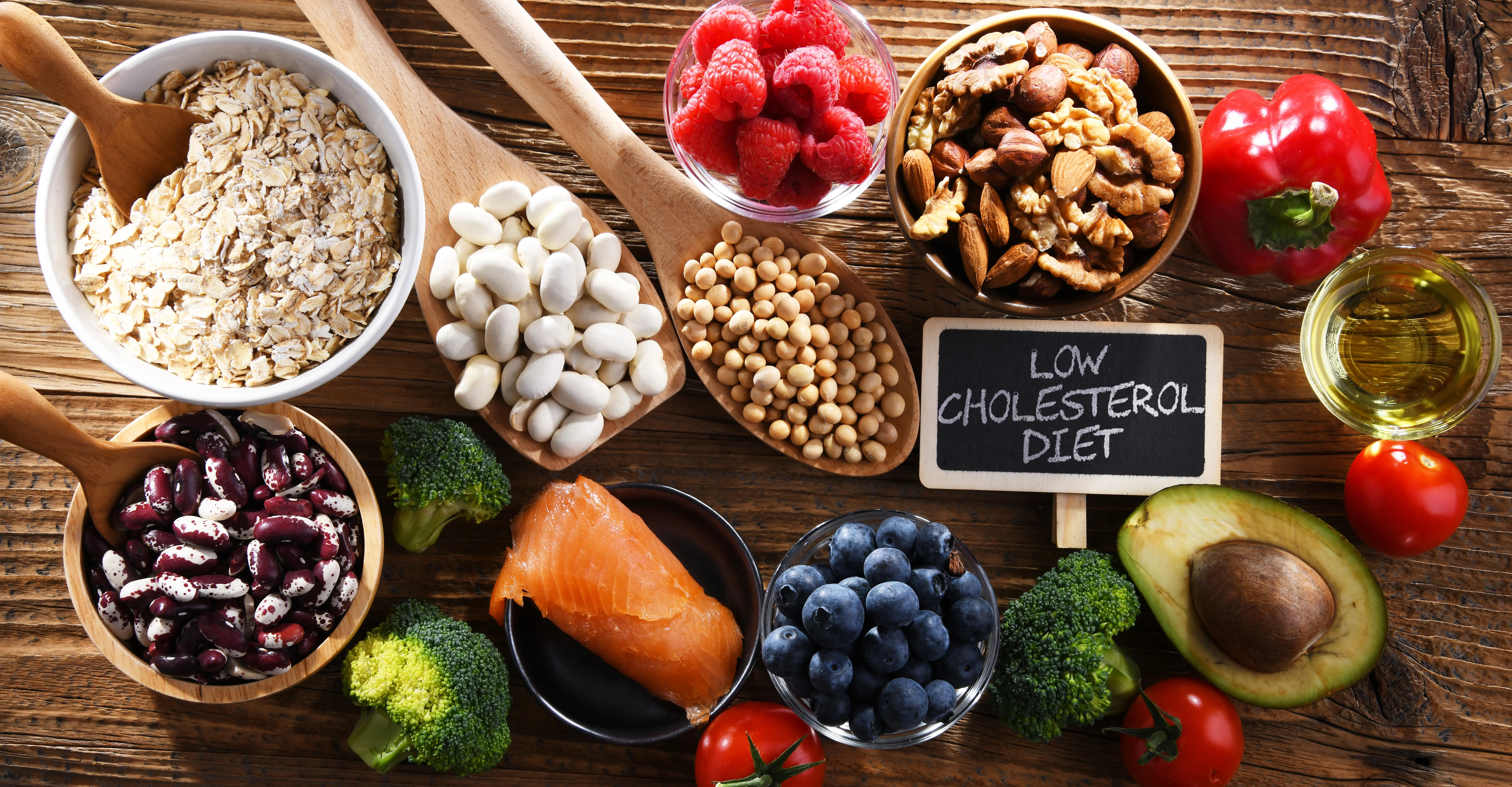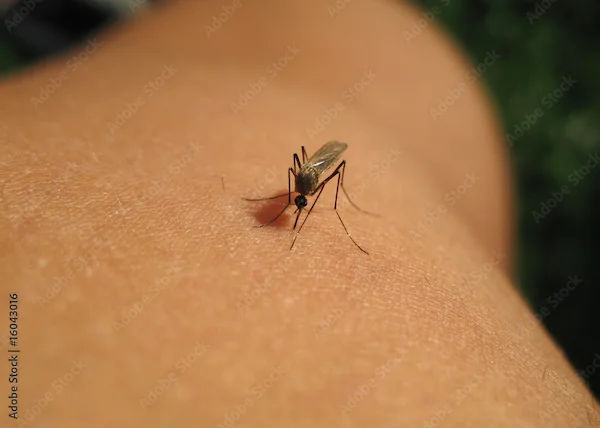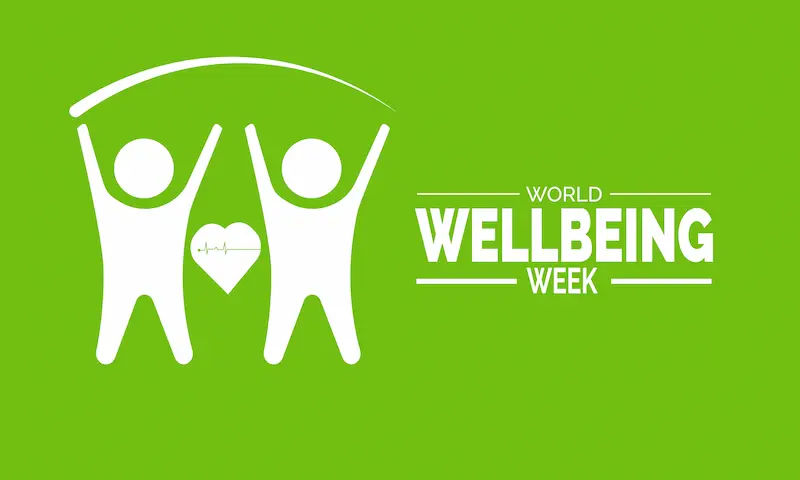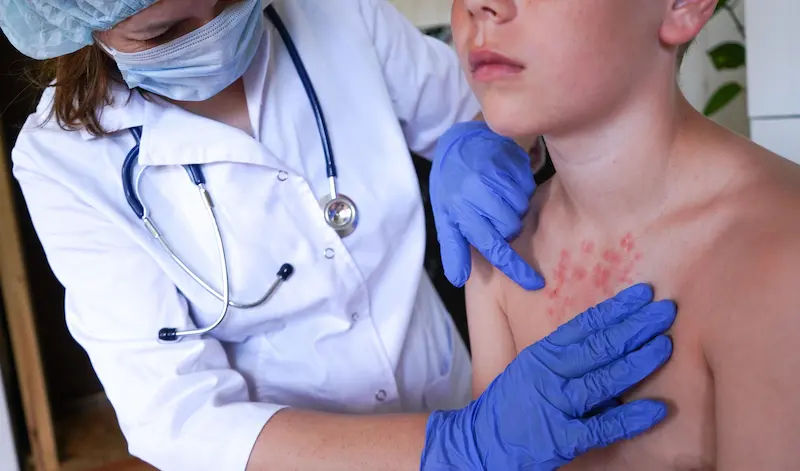Enlarged Prostate: A Dietary Guide and Lifestyle Changes to Prevent.
Know about the enlarged prostate, what is bph, foods to eat and avoid and lifestyle modifications and more.

Written by Dr. Mohammed Kamran
Reviewed by Dr. Rohinipriyanka Pondugula MBBS
Last updated on 13th Jan, 2026

Introduction
For millions of men, an enlarged prostate, or Benign Prostatic Hyperplasia (BPH), is a common reality of aging. It can lead to frustrating and disruptive symptoms like frequent urination, weak stream, and getting up multiple times at night. While age and genetics are significant factors, emerging research powerfully suggests that what you put on your plate plays a crucial role in either supporting prostate health or contributing to its enlargement. This comprehensive guide will walk you through the science of nutrition and prostate health, outlining the specific foods to embrace, the ones to limit, and the lifestyle habits that can empower you to take control of your well-being.
Understanding the Enlarged Prostate: More Than Just Aging
What is Benign Prostatic Hyperplasia (BPH)?
Benign Prostatic Hyperplasia is the non-cancerous enlargement of the prostate gland. The prostate surrounds the urethra, the tube through which urine passes. As it grows, it can squeeze this tube, leading to a variety of lower urinary tract symptoms (LUTS). It's incredibly common, affecting about 50% of men in their 50s and up to 90% of men over 80. While it's a normal part of ageing for many, the rate of growth and severity of symptoms can vary dramatically from person to person, and diet is a key variable in that equation.
The Hidden Triggers: Inflammation and Hormones
Two primary biological processes drive prostate enlargement: chronic inflammation and hormonal shifts. As men age, testosterone levels naturally decline, but an enzyme called 5-alpha-reductase converts the remaining testosterone into dihydrotestosterone (DHT). DHT is a potent hormone that stimulates prostate cell growth. Simultaneously, a diet high in pro-inflammatory foods can create a state of systemic inflammation, which further irritates the prostate tissue and exacerbates growth. Therefore, an effective diet for BPH prevention focuses on reducing inflammation and modulating hormone activity naturally.
Consult a Urologist for Personalised Advice
The Prostate-Protective Plate: Foods to Embrace
Building your diet around anti-inflammatory, antioxidant-rich foods is your first line of defense.
The Power of Lycopene: Cooked Tomatoes and Beyond
Lycopene is a powerful antioxidant that gives tomatoes, watermelon, and pink grapefruit their red color. Numerous studies have linked high lycopene intake to a reduced risk and slower progression of BPH. Interestingly, the body absorbs lycopene more efficiently from cooked tomatoes. Therefore, tomato paste, sauce, and even ketchup (low-sugar versions) are more potent than raw tomatoes. Incorporating these into your meals several times a week is a delicious strategy for natural prostate inflammation reduction.
Omega-3 Fatty Acids: Taming the Flames of Inflammation
Omega-3s, found in fatty fish like salmon, mackerel, sardines, and in plant sources like flaxseeds, chia seeds, and walnuts, are renowned for their anti-inflammatory properties. They help counterbalance the pro-inflammatory effects of omega-6 fatty acids (common in processed foods and vegetable oils). Aim for two servings of fatty fish per week to help calm inflammation throughout your body, including the prostate.
Cruciferous Vegetables: The Detoxification Champions
Broccoli, cauliflower, Brussels sprouts, kale, and cabbage are rich in sulforaphane and indole-3-carbinol, compounds that support the liver in metabolising and excreting excess hormones, including estrogen, which can also play a role in prostate growth. They are also packed with vitamins and antioxidants. Making these vegetables a staple on your plate is a key tenet of a prostate-healthy diet.
Soy and Legumes: Plant-Based Power for Hormonal Balance
The low rate of BPH in Asian countries has been partly attributed to their high consumption of soy products. Soy contains isoflavones, such as genistein and daidzein, which are phytoestrogens. These plant-based compounds may help modulate hormone activity by weakly binding to estrogen receptors, potentially preventing more potent hormones from driving growth. Tofu, tempeh, edamame, and lentils are excellent additions.
Zinc-Rich Foods: The Essential Mineral for Prostate Health
The prostate gland has the highest concentration of zinc in the body. Zinc is crucial for regulating testosterone and DHT levels and plays a role in prostate cell growth and function. Good zinc foods for men's health include pumpkin seeds (a standout choice), chickpeas, lentils, and lean meats. A handful of pumpkin seeds makes for a perfect prostate-friendly snack.
Staying Hydrated: The Right Way
Dehydration can irritate the urinary tract and concentrate urine, potentially worsening symptoms. However, drinking large amounts of fluids all at once can overwhelm the bladder. The key is to sip water consistently throughout the day. A good rule of thumb is to drink most of your fluids before early evening to minimize nighttime trips to the bathroom.
Foods to Limit or Avoid for Optimal Prostate Health
Just as some foods protect, others can provoke. Understanding what to limit is equally important.
The Red Meat and Dairy Dilemma
High consumption of red meat and full-fat dairy has been linked to an increased risk of BPH and more severe symptoms. These foods are often high in saturated fats, which can promote inflammation. Furthermore, some theories suggest certain compounds in cooked red meat and hormones in dairy might influence prostate growth. Opting for lean poultry, fish, and plant-based proteins is a wiser choice for preventing BPH with diet.
The Impact of Sugar and Refined Carbohydrates
Foods like white bread, pasta, pastries, and sugary drinks spike your blood sugar and insulin levels. This cascade can promote inflammation throughout the body. There is also a growing body of research exploring the link between insulin resistance and BPH risk. Cutting back on added sugars and refined grains is beneficial for your prostate and your overall metabolic health.
Caffeine, Alcohol, and Spicy Foods: Irritants to Consider
These are not direct causes of enlargement, but they are bladder irritants. They can increase urine production (caffeine and alcohol are diuretics) or directly irritate the bladder lining, making the symptoms of an already enlarged prostate feel much worse. If you struggle with frequent urination, experimenting with reducing these irritants can provide significant symptomatic relief.
Beyond Food: Holistic Lifestyle Practices
Diet is powerful, but it works best alongside other healthy habits.
The Role of Exercise and Weight Management
Regular physical activity, especially aerobic exercise, helps with weight control and reduces inflammation. Obesity, particularly excess belly fat, is a known risk factor for BPH as fat cells produce inflammatory cytokines and can alter hormone levels. Exercise also improves insulin sensitivity, further supporting prostate health.
Stress, Sleep, and Their Indirect Effects
Chronic stress elevates cortisol levels, which can disrupt hormonal balance and promote inflammation. Poor sleep has similar effects. Prioritizing stress-management techniques like meditation, yoga, or deep breathing, and ensuring 7-8 hours of quality sleep per night, creates a internal environment that is less conducive to prostate enlargement.
Conclusion
An enlarged prostate may be common, but it is not an inevitable sentence to a life of discomfort. As we've explored, your dietary choices wield significant influence over the inflammatory and hormonal processes that underlie BPH. By shifting your pattern of eating towards whole, anti-inflammatory foods and away from processed, pro-inflammatory ones, you are not just feeding your body; you are actively safeguarding your prostate health. This approach requires consistency, not perfection. Remember, these choices compound over time. If you are experiencing persistent symptoms, these dietary strategies are a powerful complementary approach, but they should be discussed with a healthcare professional.
Consult a Urologist for Personalised Advice
Consult a Urologist for Personalised Advice

Dr Anupam Sharma
Urologist
18 Years • MBBS, MS(Gen Surgery), DNB (Urology)
Delhi
Apollo Hospitals Indraprastha, Delhi
(25+ Patients)

Dr. Rohit Bhattar
Uro Oncologist
14 Years • MBBS, MS, MCh (Urology), Fellowship in Uro-oncology and Robotic Urology (United Kingdom)
Ahmedabad
Apollo Hospitals Gandhinagar, Ahmedabad
(100+ Patients)

Dr. Jimmy Shad
Paediatric Urologist
20 Years • MS, MCh (Paediatric Surgery) , Fellowship in Paediatric Urology
Chennai
Apollo Children Hospitals Greams Road, Chennai
(250+ Patients)

Dr. Shekar M G
Urologist
29 Years • MBBS, MS, MCh (Urology), DNB, MRCS, FMAS, FICRS, FICS (Urology), MNAMS, DLS, FCN, FSM, FIMSA, - Fellow (Minimal Access Surgery), Fellow (Robotic Surgery)FIAGES,FALS fellow of advance laparoscopic surgery, FAGE
Chennai
Apollo Speciality Hospitals OMR, Chennai
(125+ Patients)

Dr. Prabir Basu
Urologist
19 Years • MBBS, MS General Surgery, DNB Genito-Urinary Surgery
Jodhpur Park
Dr. Prabir Basu urology clinic, Jodhpur Park
(200+ Patients)
Consult a Urologist for Personalised Advice

Dr Anupam Sharma
Urologist
18 Years • MBBS, MS(Gen Surgery), DNB (Urology)
Delhi
Apollo Hospitals Indraprastha, Delhi
(25+ Patients)

Dr. Rohit Bhattar
Uro Oncologist
14 Years • MBBS, MS, MCh (Urology), Fellowship in Uro-oncology and Robotic Urology (United Kingdom)
Ahmedabad
Apollo Hospitals Gandhinagar, Ahmedabad
(100+ Patients)

Dr. Jimmy Shad
Paediatric Urologist
20 Years • MS, MCh (Paediatric Surgery) , Fellowship in Paediatric Urology
Chennai
Apollo Children Hospitals Greams Road, Chennai
(250+ Patients)

Dr. Shekar M G
Urologist
29 Years • MBBS, MS, MCh (Urology), DNB, MRCS, FMAS, FICRS, FICS (Urology), MNAMS, DLS, FCN, FSM, FIMSA, - Fellow (Minimal Access Surgery), Fellow (Robotic Surgery)FIAGES,FALS fellow of advance laparoscopic surgery, FAGE
Chennai
Apollo Speciality Hospitals OMR, Chennai
(125+ Patients)

Dr. Prabir Basu
Urologist
19 Years • MBBS, MS General Surgery, DNB Genito-Urinary Surgery
Jodhpur Park
Dr. Prabir Basu urology clinic, Jodhpur Park
(200+ Patients)
More articles from General Medical Consultation
Frequently Asked Questions
What is the single best food for an enlarged prostate?
There isn't one 'magic bullet,' but cooked tomatoes are among the top contenders due to their highly bioavailable lycopene content, a potent antioxidant specifically linked to prostate health.
Can drinking water help reduce prostate enlargement?
Water doesn't shrink the prostate, but proper hydration is crucial. Dehydration irritates the bladder, making BPH symptoms worse. Sipping water consistently throughout the day (and less in the evening) is the best strategy for managing urination problems.
How quickly can diet improve prostate symptoms?
Dietary changes are not a quick fix but a long-term strategy. Some men may notice improvements in urinary symptoms, like reduced nighttime trips, within a few weeks of reducing irritants like caffeine and alcohol. The anti-inflammatory benefits accumulate over months and years.
Are there any specific fruits good for BPH?
Yes! Berries (blueberries, strawberries) are excellent for their antioxidant content. Watermelon and pink grapefruit are great for lycopene. Pomegranate juice has also been studied for its potential benefits for prostate health due to its high antioxidant levels.
Should I take supplements for my prostate?
While supplements like saw palmetto, beta-sitosterol, and pygeum are popular, it's essential to consult a doctor before starting any regimen. If symptoms persist beyond two weeks, consult a doctor online with Apollo24|7 to discuss whether supplements are appropriate for you and to rule out other conditions.




